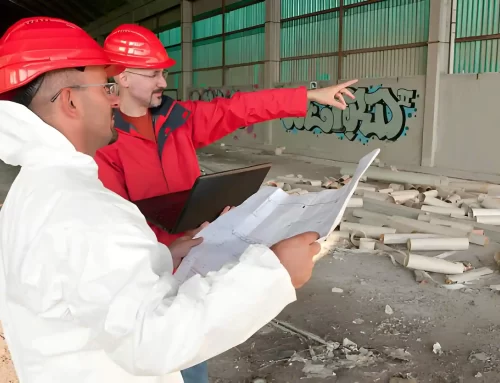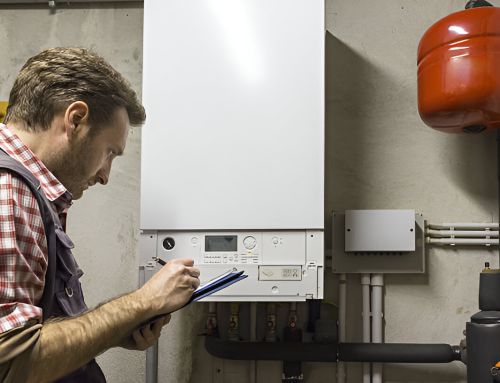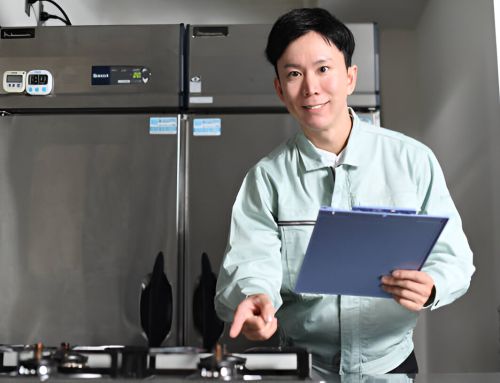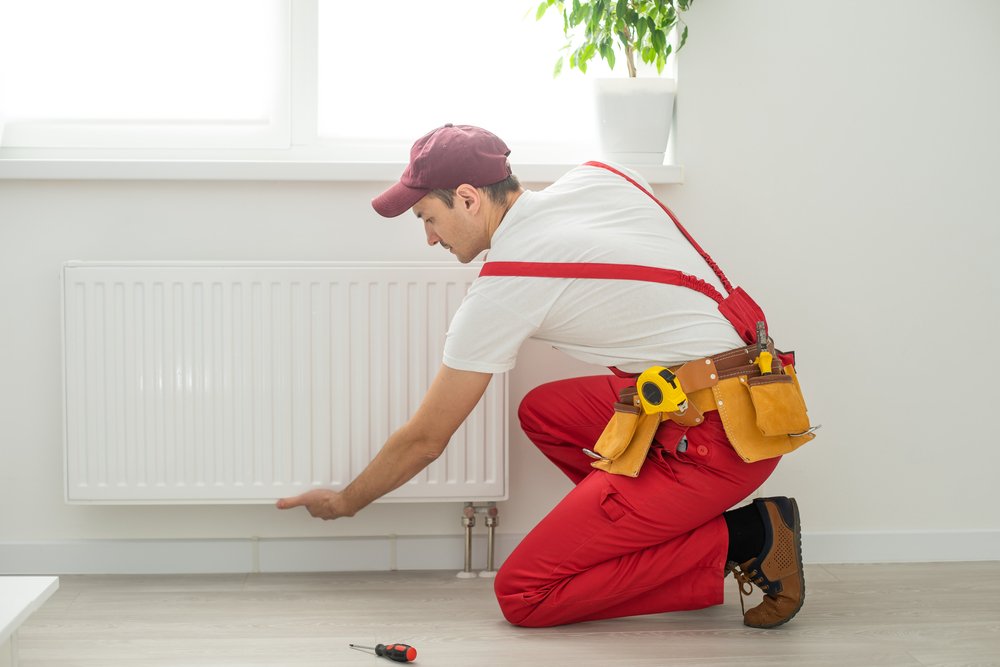
Does a Gas Safety Check Involve Radiators?
Does a Gas Safety Check Involve Radiators;
A gas safety check is a thorough examination of all appliances, pipes and flues connected to your home’s gas system. These inspections are important in avoiding fires, explosions and carbon monoxide poisoning in case there’s ever an emergency.
No matter if you’re a landlord, homeowner or tenant, having your gas appliances and pipework checked regularly is imperative. A qualified gas engineer can identify any problems that could pose an imminent danger to those occupying your property.
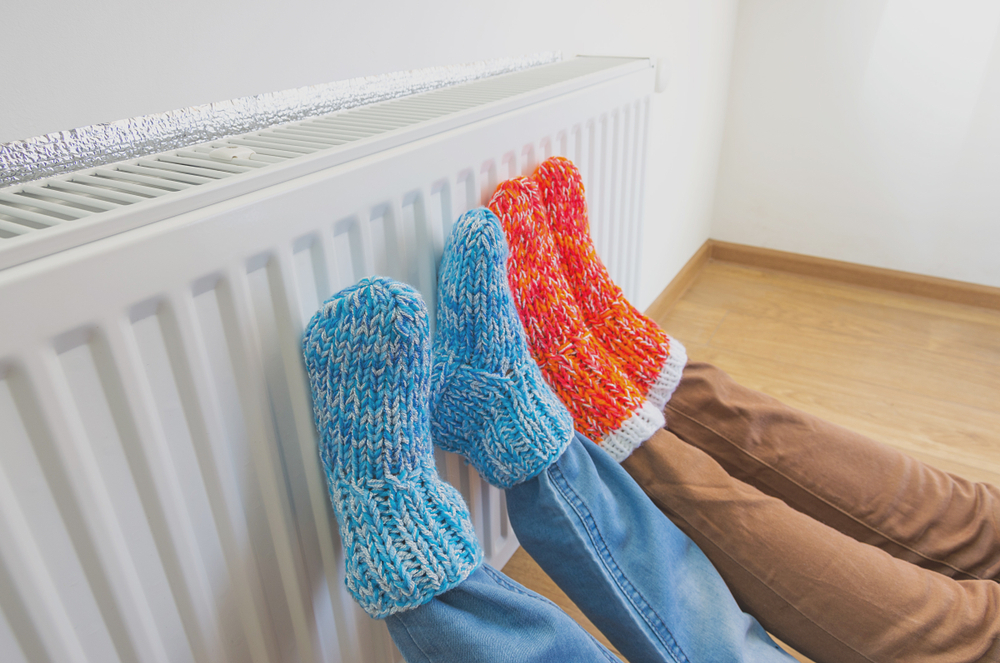
Radiators are not tested individually
Does a Gas Safety Check Involve Radiators;
A gas safety check involves more than just inspecting your boiler; it also covers other heating appliances like radiators. A qualified professional will conduct a comprehensive examination to guarantee your appliance is secure and functioning optimally.
During the process, they will inspect your appliance’s controls and pipework as well as testing its heating equipment to identify any issues that could cause harm to you and your family. They also look for leaks in your system so as to avoid carbon monoxide poisoning.
Finding a qualified engineer is easiest with the Gas Safe Register, an official government website that can help you locate registered engineers near you. Alternatively, call us and we’ll match you with an engineer in your local area.
A superior radiator will have features that set it apart, such as the latest pressure test technology. They are also engineered for optimal fit and form; drop-in fit and durability should always come first.
These radiators are constructed with premium-quality materials that will stand the test of time, such as aluminium and stainless steel. Not only does this improve durability and longevity, but it also allows the radiators to withstand the intense heat generated by modern cars.
In conclusion, while not an obligation, performing a gas safety check is highly recommended to reduce the risk of carbon monoxide poisoning. Doing this helps identify any problems you may not be aware of and helps avoid them from recurring in the future.
You may even be eligible for a free gas safety check if you meet the qualifications. Therefore, it’s wise to book your appointment as soon as possible, especially if you live in rural areas or have multiple properties that need inspection.
They are checked as part of a visual check
Does a Gas Safety Check Involve Radiators;
When booking a gas safety check with a certified Gas Safe engineer, they will typically inspect your entire heating system, including radiators. During this visual examination, the engineer will check the operation of all safety devices on each appliance and examine the entire flue system as well.
This is done to guarantee there are no leaks or other problems in the system that could cause harm. They will then test all appliances for any problems and issue you with a certificate of gas safety.
Gas safety checks are legally mandated in rented properties, and your landlord or letting agent should inform you when it’s due and provide reasonable notice to book it.
It is essential to get your gas appliances inspected regularly as they can lead to carbon monoxide poisoning. Improperly installed or operated gas appliances could also create deadly leaks in your home that could result in a fire or explosion.
At this inspection, they will examine your appliances and pipework to ensure there are no gas leaks or other problems in the system that could cause fire or explosion. They may also perform a tightness test to confirm that your installation or pipework is gas tight.
They will inspect your gas meter and emergency control valve for maintenance and proper labelling. Although this is not a legal requirement, having these checked regularly is recommended in order to keep your home secure and reduce the risk of fire or explosion in case of an emergency.
At this check, they will also inspect your gas pipework for signs of rust or corrosion. It’s wise to have an infrared scan performed on any gas appliances or equipment in your home as this can help determine if there are any indications of deterioration that need addressing.
A gas safety check is vital and should be conducted every 12 months by a registered Gas Safe engineer, to ensure you don’t lose any time from your certificate’s validity if any issues arise during inspection.
They are checked as part of a test
Does a Gas Safety Check Involve Radiators;
Gas safety checks involve inspecting all appliances and pipework in a property by an accredited engineer who will record details of their findings and sign off on a certificate. Different certificates can be issued depending on the type of property, but all guarantee that gas appliances and installations have been reviewed by an approved engineer and found safe to use.
The gas safety certificate will confirm the date and who performed the inspection. It’s a legal requirement for landlords to conduct these checks regularly.
A professional gas safety check should always be conducted, as it can save lives and lower the risk of carbon monoxide poisoning. All gas appliances and installations produce carbon monoxide, a poisonous gas that can cause serious harm to anyone living in your home.
That is why it is essential for all rented properties to have regular gas safety checks conducted by a gas engineer. These assessments will enable any issues that need repair or replacement, and they also help prevent carbon monoxide poisoning in the home.
One common way radiators are tested during a gas safety check is pressure testing. This involves slowly applying pressure to each radiator over an extended period of time; if they cannot hold pressure, there could be an internal leak somewhere.
Another commonly used way to inspect radiators is through visual inspection. This check is conducted by a Gas Safe registered engineer and involves them carefully inspecting each radiator in your home to guarantee they are functioning optimally.
If they are not, radiators must be repaired or replaced before they can be used safely. This is a legal requirement and the landlord’s obligation to make sure this is taken care of quickly.
Radiators are only one aspect of a gas safety check, but they’re an essential one. It’s also wise to get your boiler and any other appliances regularly checked as this will guarantee they’re in optimal working order and don’t pose any danger to those living in the property.
They are checked as part of a safety check
Does a Gas Safety Check Involve Radiators;
Gas safety checks are a legal requirement for landlords and letting agents to guarantee their properties comply with gas safety regulations. They must be performed by a Gas Safe Registered engineer, taking around 30 minutes to complete.
A gas safety check is conducted on all gas appliances and pipework within a property, such as boilers, heating systems and cookers. The engineer also checks the safety devices on these appliances to guarantee they are working correctly and safe for use.
The inspector will also inspect vents, chimneys and flues to make sure they are free of debris and gases are escaping safely. They may test the burner pressure on an appliance to confirm it is burning correctly.
Additionally, the engineer will check the gas rate to guarantee there is enough gas for the appliance to function optimally. They’ll also inspect any safety devices or pressure relief valves that may have been installed.
As part of a gas safety check, an engineer will inspect all radiators in a home to guarantee they are in working order. They’ll also check the coolant level and make sure it matches what the radiator requires.
If the engineer determines that any of your radiators are not functioning optimally, they may suggest replacing parts such as the thermostat, radiator cap or bleeder.
This process is guided by the Gas Industry Unsafe Situations Procedure (GIUSP). A malfunctioning radiator should be addressed promptly by a qualified professional to avoid any potential risks.
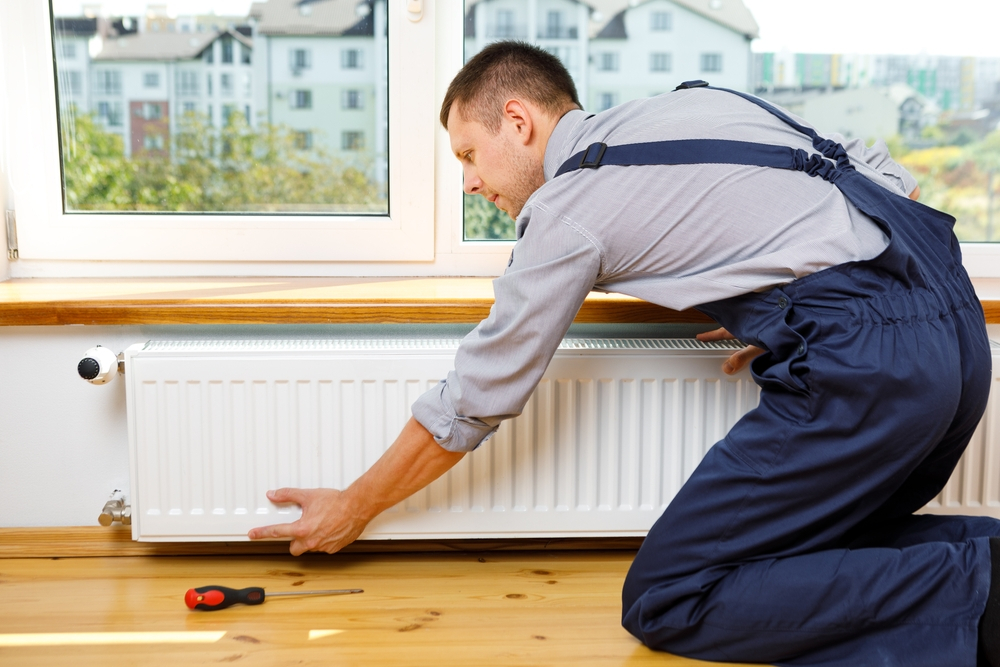
The cost of a gas safety check can vary based on the number of devices needing testing and your location. That’s why it’s essential to shop around and compare quotes from several different companies before making your decision.
Landlords and letting agents are legally required to conduct annual gas safety checks on all appliances in rented homes. While this isn’t a law for homeowners, it’s still wise to get your appliances checked annually.
Our Pricing
| Our Gas Safety Certificate Prices |
|---|
| Gas Safety Certificate 1 Appliance £40 |
| Gas Safety Certificate 1 Appliance £45 |
| Gas Safety Certificate 1 Appliance £50 |
| Gas Safety Certificate & Boiler Service £74.99 |
Check Out Our Other Services
| Domestic Gas Safety Certificate | Commercial Gas Safety Certificate | Gas Safety Certificate & Boiler Service |
|---|
About the Author: LandlordCertificate
Related Posts
Get Social
Recent Posts
- Electrical Diagnostic London: How Professional Testing Keeps Your Property Safe and Compliant
- Asbestos Management Survey London: Update Your Property Records
- Gas Safety Certificate London: Why Regular Checks Save Money Long-Term
- FRA London Explained: How a Professional Fire Risk Assessment Keeps You Compliant and Safe
- When a New Tenancy Requires Your EICR Certificate London Renewal


